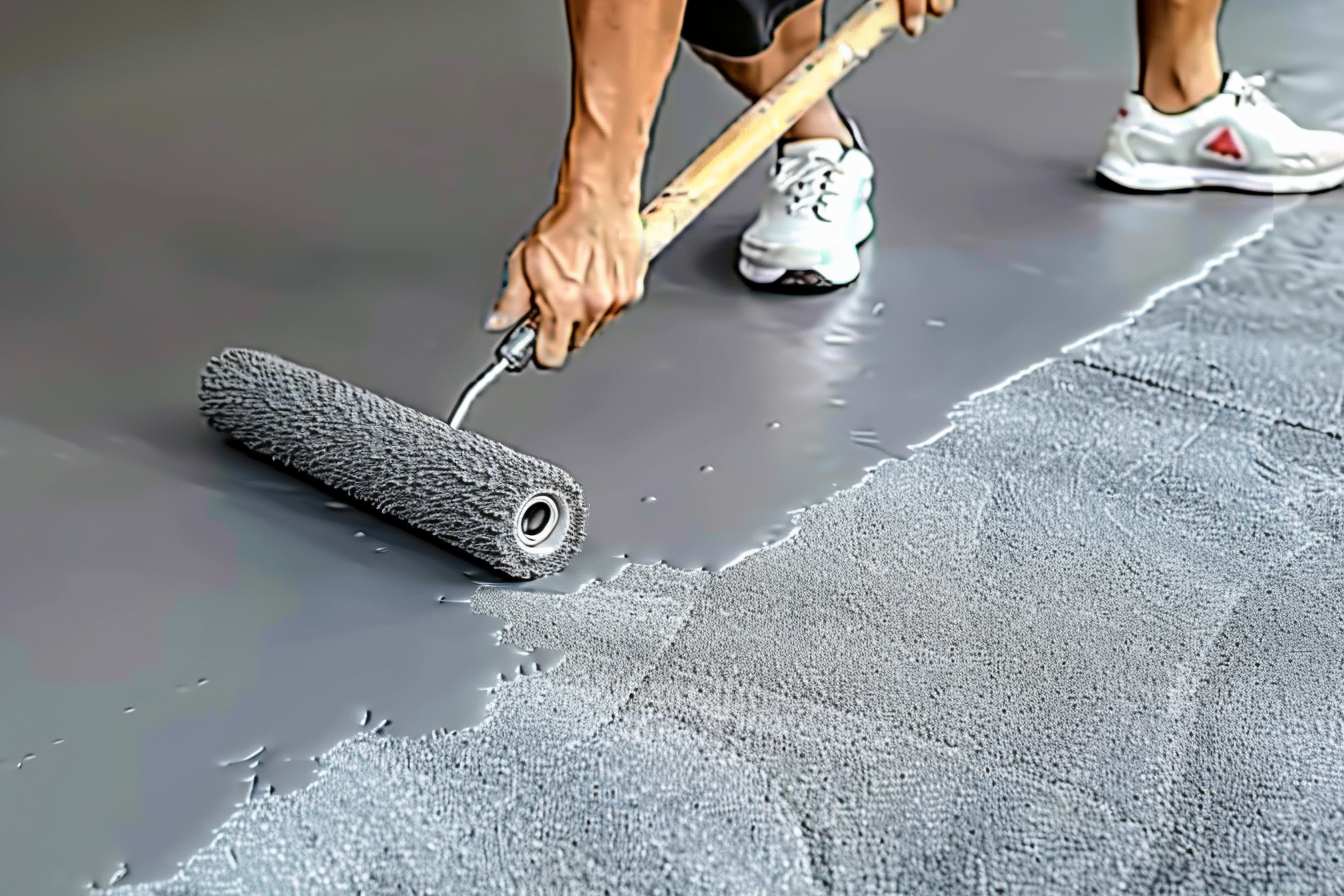Transform Your Garage with Durable Floor Coatings Today
Upgrade your garage with professional floor coatings that do more than look good. Modern solutions like epoxy, polyurethane, and polyaspartic provide long-lasting protection against stains, chemicals, and wear while improving safety and ease of maintenance. Discover options, costs, care tips, and common issues to help you choose the right coating and get showroom-quality results.

A professionally applied garage floor coating turns plain concrete into a resilient, low-maintenance surface that looks great and stands up to everyday abuse. Beyond the visual upgrade, these systems guard against oil stains, chemical spills, moisture intrusion, and surface wear, helping your garage stay usable and attractive for years.
Benefits of Professional Garage Floor Coatings
Professional coatings deliver a range of practical advantages for homeowners and hobbyists alike:
- Protection from stains and spills: High-performance coatings resist oil, gasoline, brake fluid, and many household chemicals, preventing permanent staining of the concrete.
- Moisture and corrosion resistance: Properly installed systems reduce moisture migration and can slow concrete degradation in damp environments.
- Easier cleaning: Smooth, sealed surfaces are simpler to sweep, mop, and power wash than bare concrete that absorbs spills and grime.
- Improved safety: Many coatings include slip-resistant additives to increase traction when the floor is wet or oily.
- Aesthetic improvements: Coatings can hide surface imperfections, cracks, and discoloration and are available in multiple colors and decorative finishes.
- Potential property value boost: A well-finished garage can make a favorable impression on buyers and signal attentive home maintenance.
Preparation and Installation Process
A lasting coating begins with thorough surface preparation. Skimping on prep is the most common cause of coating failure, so reputable installers follow a careful sequence:
- Cleaning and degreasing: All oil, grease, dirt, and existing contaminants are removed to ensure proper adhesion.
- Concrete repair: Cracks and spalled areas are patched or filled so the surface is uniform.
- Mechanical profiling: Grinding or shot blasting creates the proper surface texture for the coating to bond to the concrete.
- Moisture testing: Contractors check moisture vapor emissions and relative humidity in slabs; excessive moisture must be addressed before coating.
- Primer application: A primer enhances bond strength and, in some systems, acts as a moisture barrier.
- Base coats and build layers: Two or more coating layers are applied to achieve the specified thickness and performance.
- Decorative finishes (optional): Broadcast flakes or colored quartz can be embedded between coats for aesthetics, texture, and added durability.
- Clear topcoat: A clear sealer adds chemical resistance, gloss, and UV stability, protecting the decorative layer.
Choosing the right system (epoxy, polyurethane, polyaspartic, etc.) depends on your climate, usage patterns, and desired finish. Installation time varies with floor size, site conditions, and cure times for the selected materials.
Maintenance and Expected Lifespan
With routine care and sensible use, professional coatings can last many years. Typical lifespans depend on the material and installation quality, but many homeowners see long service life when they follow maintenance guidelines:
- Sweep or vacuum frequently to remove abrasive grit and debris.
- Wipe up spills quickly to avoid prolonged chemical exposure.
- Use pH-neutral cleaners for periodic washes; avoid harsh solvents and acidic cleaners.
- Place protective pads under heavy equipment and avoid dragging sharp objects across the surface.
- Consider an annual deep clean or recoat inspection to address wear areas before they widen.
When properly installed and maintained, some systems can last a decade or more; the most durable products and installations may reach two decades under favorable conditions.
| Coating Type | Average Cost per Sq Ft | Typical Lifespan |
|---|---|---|
| Epoxy | $3-$7 | 5-10 years |
| Polyurethane | $4-$8 | 7-15 years |
| Polyaspartic | $6-$10 | 10-20 years |
| Acrylic Sealer | $1-$3 | 2-5 years |
Prices, rates, or cost estimates mentioned in this article are based on the latest available information but may change over time. Independent research is advised before making financial decisions.
Common Issues and How to Fix Them
Even high-quality coatings can develop problems if conditions aren’t ideal or the substrate has hidden issues. Typical concerns include:
- Peeling or delamination: Usually caused by inadequate surface preparation, contamination, or application over a damp slab. Repair requires grinding to sound concrete and reapplication after proper prep.
- Blisters or bubbling: Often the result of trapped moisture or applying coatings over a surface with high vapor drive. Address by resolving moisture issues and allowing the slab to dry or using vapor-mitigating primers.
- UV fading or yellowing: Some coatings are sensitive to sunlight; choosing UV-stable topcoats or non-yellowing formulations reduces discoloration in sun-exposed garages.
- Hot tire pickup: High-performance vehicles can soften certain coatings under hot tires, causing lifted material. Selecting formulations resistant to hot tire pickup or installing protective mats can help.
- Surface scratches and wear: Heavy traffic or sharp objects will create wear spots over time; these can often be sanded and spot-repaired, or a maintenance coat applied.
Most problems are preventable with proper diagnostics, experienced installers, and adherence to manufacturer guidelines. Prompt repairs limit damage and extend service life.
Is a Professional Coating Worth the Investment?
A professionally applied floor coating is more than cosmetic—it protects the slab, simplifies maintenance, and enhances the garage’s functionality. While initial costs vary with materials and prep work, the long-term savings from reduced repairs, easier cleaning, and improved longevity often justify the expense for homeowners who use their garage as a workshop, storage area, or showroom.
Before committing, get multiple quotes, ask for references and photos of completed jobs, and verify that the contractor tests for moisture and follows industry best practices. With the right system and installation, a coated garage floor delivers years of improved performance and curb appeal.






